BIS Standards – Implementations next Month – June 2025
We regularly publish advance information from the Bureau of Indian Standards (BIS) on new Quality Control Orders that will come into effect shortly. Affected products must have BIS certification in order to be approved for import and distribution in India. Within the next month, several standards will come into effect, among other for several polypropylene materials, as well as Poly Vinyl Chloride (PVC) Homopolymers.
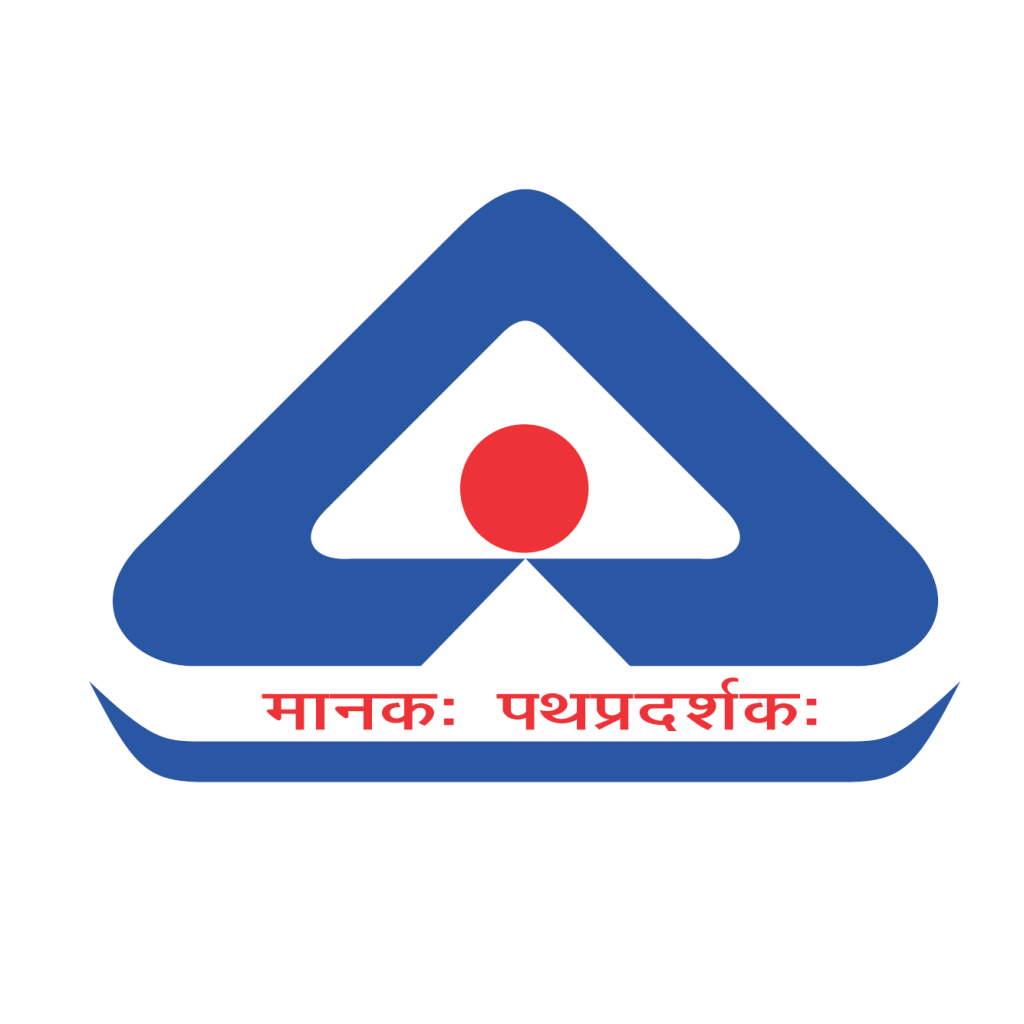
The Bureau of Indian Standards (BIS) enforces Quality Control Orders (QCOs) to mandate that specific products comply with national quality benchmarks. Unlike regular BIS standards, which are typically voluntary, QCOs impose legal obligations on manufacturers and importers of designated goods. These regulations aim to safeguard public health, animal welfare, and the environment, while also upholding consistent product quality in India. QCOs cover a broad array of items, including chemicals, metals, toys, and electronic devices. Non-compliance can lead to significant legal consequences, including fines or imprisonment.
Here is an overview of the new Quality Control Orders that will come into effect next month:
| Product/ Produkt | Indian Standard/ Indischer Standard | Enforcement date / Implementierungsdatum |
| Textiles — High Density Polyethylene (HDPE)/ Polypropylene (PP) Woven Sacks for Packaging of 50 kg Cement | IS 11652 : 2017 | 06 June 2025 |
| Textiles — Polypropylene (PP)/ High Density Polyethylene (HDPE) Laminated Woven Sacks for Mail Sorting, Storage, Transport and Distribution | IS 17399 : 2020 | 06 June 2025 |
| Textiles — Polypropylene (PP) Woven, Laminated, Block Bottom Valve Sacks for Packaging of 50 kg Cement | IS 16709 : 2017 | 06 June 2025 |
| Polypropylene (PP) Materials for Moulding and Extrusion | IS 10951: 2020 | 24 June 2025 |
| Poly Vinyl Chloride (PVC) Homopolymers | IS 17658:2021 | 24 June 2025 |
If you are interested in understanding what requirements are needed for your product to be imported into India, please do not hesitate to contact us by email or phone (Europe: +49-69-271 37 69 261, US: +1 773 654-2673). If a certification need is discovered we can provide a quotation to make sure that all your certification needs are covered.
If you have any questions you can also use our chat-window in the bottom right. (Please check your browser settings if you can’t see the window)
For more information about BIS certification, please refer to our free brochure “BIS Certification Made Easy“.
BIS-ISI Certification Obligation extended to include new Household Electrical Appliances among others
To enhance product safety across consumer markets, the Ministry of Commerce and Industry in India has issued the “Safety of Household, Commercial and Similar Electrical Appliances (Quality Control) Order, 2025.” This order replaces the 2024 directive and introduces mandatory conformity with IS 302 (Part 1): 2024 / IEC 60335-1: 2020 standards for a wide range of electrical appliances. It applies to devices operating at voltages up to 250V for single-phase and 480V for direct current or battery-operated models. The rule will become effective from March 19, 2026, for large enterprises, with extended compliance deadlines for small (June 19, 2026) and micro enterprises (September 19, 2026). Specific exemptions apply to research imports (up to 200 units annually) and stock manufactured or imported before the implementation date, provided declarations are made to the BIS. Among electrical appliances, many household appliances also require BIS certification in order to be approved for import and sale in India.
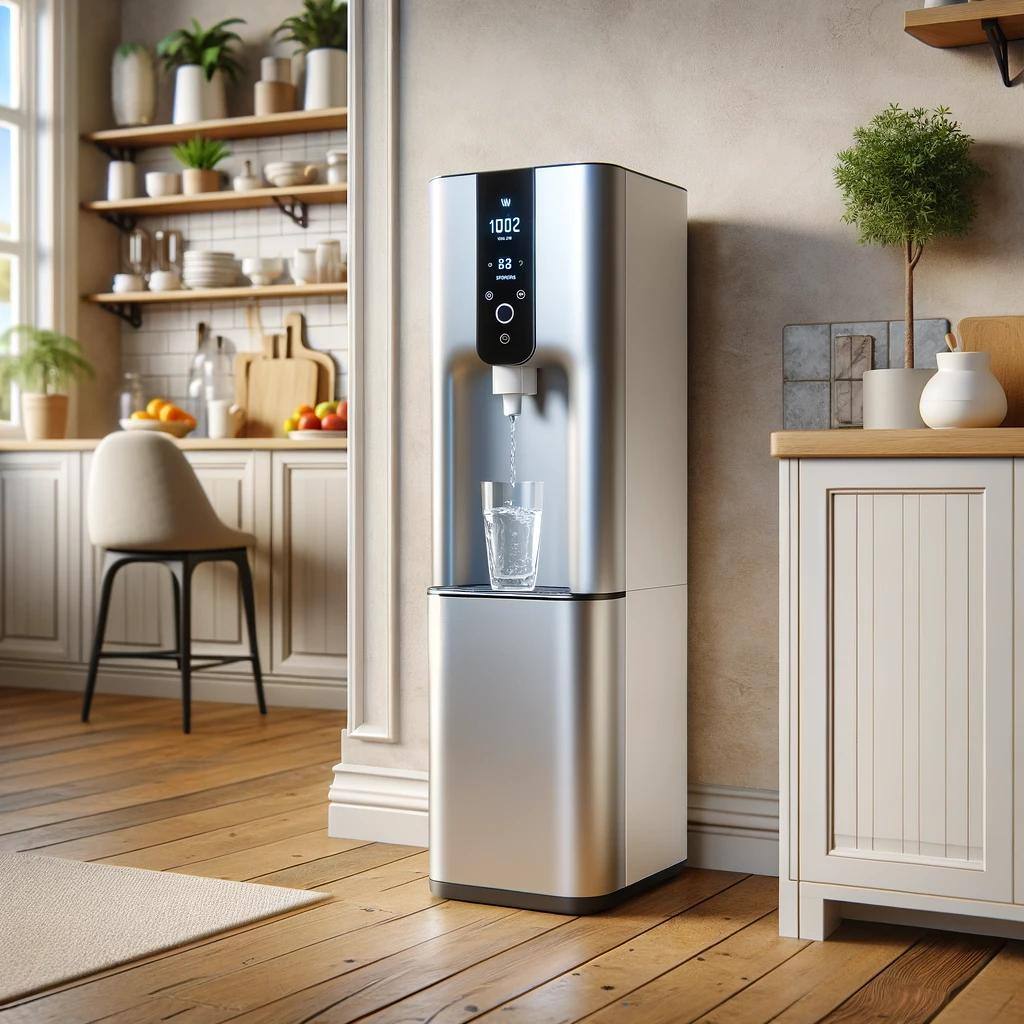
Household, commercial, and similar electrical appliances now covered under this order span 90 product categories—from vacuum cleaners, ovens, and electric shavers to electric barbecues, humidifiers, and personal e-transporters. These products must display the BIS Standard Mark under a BIS license, as per Scheme-I of Schedule-II of the BIS (Conformity Assessment) Regulations, 2018. TABLE PLACEHOLDER. Household, Commercial and Similar Electrical Appliances usually require BIS-ISI certification in order to be approved for import and sale in India.
If you are interested in understanding what requirements are needed for your product to be imported into India, please do not hesitate to contact us by email or phone (Europe: +49-69-271 37 69 261, US: +1 773 654-2673). If a certification need is discovered we can provide a quotation to make sure that all your certification needs are covered.
If you have any questions you can also use our chat-window in the bottom right. (Please check your browser settings if you can’t see the window)
For more information about BIS certification, please refer to our free brochure “BIS Certification Made Easy“.
Mandatory BIS Quality Control Framework Announced for Refined Nickel
The Ministry of Mines in India has issued a new quality control order mandating that all refined nickel products sold in the country must comply with the Indian Standard IS 2782:2023. As outlined in the Refined Nickel (Quality Control) Order, 2025, this requirement will take effect six months from the date of its publication on April 17, 2025. Refined nickel products must bear the Standard Mark under a license issued by the Bureau of Indian Standards (BIS), in accordance with Scheme-1 of Schedule-II of the BIS (Conformity Assessment) Regulations, 2018. The regulation does not apply to goods intended solely for export.
To export refined nickel to India, manufacturers must obtain BIS certification (ISI) through the Foreign Manufacturers Certification Scheme (FMCS). This certification is mandatory to ensure that the products can be legally marketed and sold within the Indian territory.
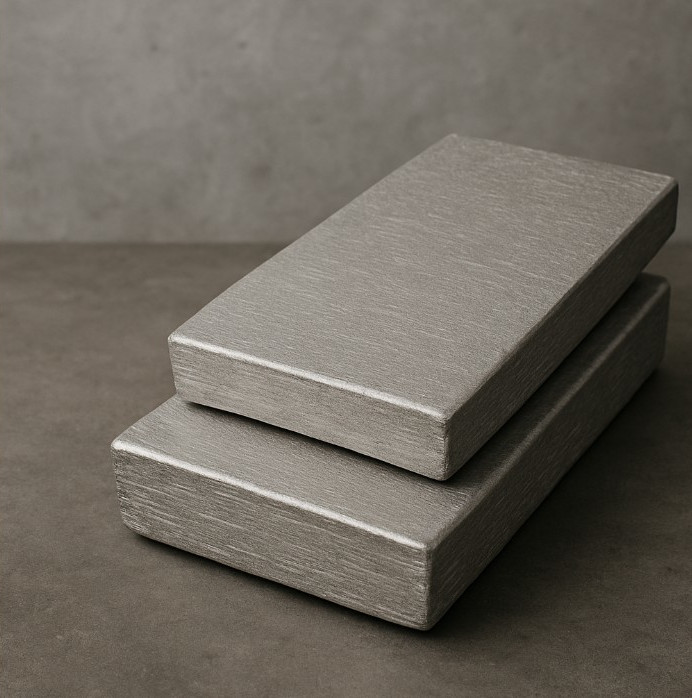
If you are interested in understanding what requirements are needed for your product to be imported into India, please do not hesitate to contact us by email or phone (Europe: +49-69-271 37 69 261, US: +1 773 654-2673). If a certification need is discovered we can provide a quotation to make sure that all your certification needs are covered.
If you have any questions you can also use our chat-window in the bottom right. (Please check your browser settings if you can’t see the window)
For more information about BIS certification, please refer to our free brochure “BIS Certification Made Easy“.
India enforces revised BIS Certification Mandate for Hinges from July 2025
India’s Ministry of Commerce and Industry has introduced the Hinges (Quality Control) Order, 2025, replacing the 2024 version, to enhance product safety and standardization in the hinges market. The new regulation mandates that all specified hinge types conform to their corresponding Indian Standards and bear the BIS Standard Mark, as licensed under Scheme-1 of Schedule-II of the BIS (Conformity Assessment) Regulations, 2018. Originally slated to take effect on January 1, 2025, the enforcement date for the QCO has now been officially extended to July 1, 2025. Hinges usually require BIS certification in order to be approved for import and sale in India.
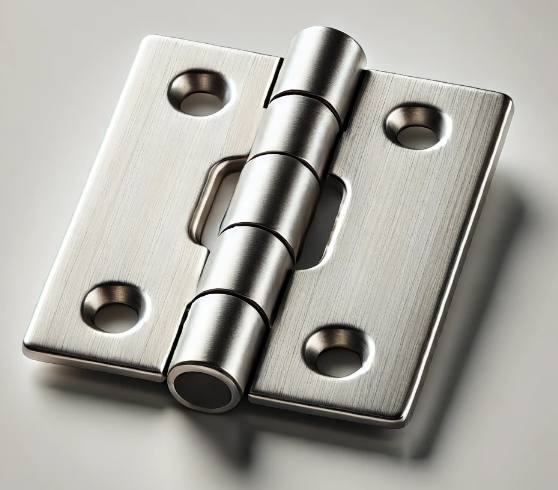
The quality standards cover a comprehensive range of hinge types, including stainless steel butt hinges (IS 12817:2020), steel butt hinges (IS 1341:2018), non-ferrous metal butt hinges (IS 205:1992), and others such as cabinet hinges, tee and strap hinges, and continuous piano hinges. The regulation provides limited exemptions for hinges imported strictly for R&D purposes (up to 200 units annually), provided they are not sold and are disposed of as scrap. The Bureau of Indian Standards has been designated as the certifying and enforcement authority, and any contravention is subject to penalties under the BIS Act, 2016.
If you are interested in understanding what requirements are needed for your product to be imported into India, please do not hesitate to contact us by email or phone (Europe: +49-69-271 37 69 261, US: +1 773 654-2673). If a certification need is discovered we can provide a quotation to make sure that all your certification needs are covered.
If you have any questions you can also use our chat-window in the bottom right. (Please check your browser settings if you can’t see the window)
For more information about BIS certification, please refer to our free brochure “BIS Certification Made Easy“.
BIS Standards – Implementations next Month – May 2025
We regularly publish advance information from the Bureau of Indian Standards (BIS) on new Quality Control Orders that will come into effect shortly. Affected products must have BIS certification in order to be approved for import and distribution in India. Within the next month, several standards will come into effect, including for low-voltage switchgear and controlgear, as well as H Acids, K Acids and Vinyl Suplhone.

The Bureau of Indian Standards (BIS) Quality Control Orders (QCOs) are mandatory regulations that ensure that certain products meet national quality standards. While BIS standards are usually voluntary, QCOs make compliance mandatory for affected products. This serves to protect people, animals and the environment as well as to ensure product quality in India. QCOs apply to a wide range of products such as chemicals, metals, toys and electrical appliances. Violations of QCOs can result in severe penalties, including fines or imprisonment.
Here is an overview of the new Quality Control Orders that will come into effect next month:
| Product/ Produkt | Indian Standard/ Indischer Standard | Enforcement date / Implementierungsdatum |
| Low – Voltage Switchgear and Controlgear: Part 4 Contactors and Motor – Starters: Sec 2 Semiconductor Motor Controllers and Starters and Soft Starters (Second Revision) | IS/IEC 60947 : Part 4 : Sec 2 : 2020 | 10 May 2025 |
| Low-Voltage Switchgear and Controlgear Part 4 Contactors and Motor-Starters Section 3 Semiconductor Controllers and Semiconductor Contactors for Non-Motor Loads ( Third Revision ) | IS/IEC 60947 : Part 4 : Sec 3 : 2020 | 10 May 2025 |
| Low-Voltage Switchgear and Controlgear Part 5 Control Circuit Devices and Switching Elements Section 2 Proximity Switches ( First Revision ) | IS/IEC 60947 : Part 5 : Sec 2 : 2019 | 10 May 2025 |
| H Acid | IS 8637 : 2020 | 14 May 2025 |
| K Acid | IS 11557: 1986 | 14 May 2025 |
| Vinyl Sulphone | IS 18340 : 2023 | 14 May 2025 |
| Safety of Household and similar electrical appliances – Part 2 particular requirement Sec 76 electric fence energizers | IS 302-2-76:1999 | 19 May 2025 |
If you are interested in understanding what requirements are needed for your product to be imported into India, please do not hesitate to contact us by email or phone (Europe: +49-69-271 37 69 261, US: +1 773 654-2673). If a certification need is discovered we can provide a quotation to make sure that all your certification needs are covered.
If you have any questions you can also use our chat-window in the bottom right. (Please check your browser settings if you can’t see the window)
For more information about BIS certification, please refer to our free brochure “BIS Certification Made Easy“.
India tightens Certification Rules for Solar PV Modules under 2025 QCO
The Ministry of New and Renewable Energy (MNRE) has issued a new directive, the “Solar Systems, Devices and Components Goods Order, 2025,” superseding the earlier 2017 regulation. The updated Quality Control Order (QCO) mandates the implementation of revised Indian Standards (IS) for Solar Photovoltaic (PV) modules. Specifically, crystalline silicon and thin-film modules must now comply with IS 14286 (Part 1): 2023 and IS/IEC 61730-1 & 2: 2016. These standards address design qualification, type approval, and safety requirements. Key updates include minimum efficiency thresholds—18% for mono-crystalline and thin-film, and 17% for poly-crystalline PV modules—as well as revised testing protocols under IS/IEC TS 62915. Manufacturers must submit complete test data and obtain BIS approval through the revised BIS online application system. Solar Systems usually require BIS-CRS in order to be approved for import and sale in India.
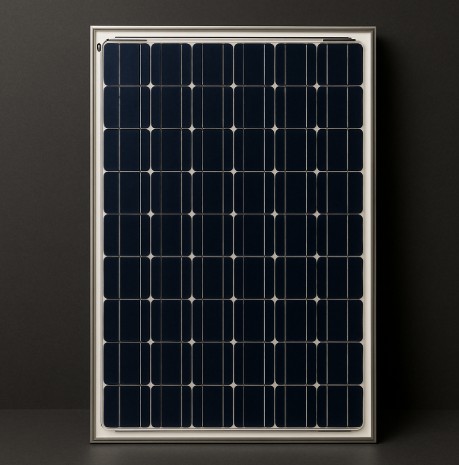
Both existing licensees and new applicants must follow distinct procedures for compliance. For existing models, manufacturers must validate representative models according to the new standards and apply through the “Standard Revision/Amendment/Essential Requirement” portal. New applications will only be accepted under the revised standards after 27 July 2025. Inclusion of new series models is only allowed after successful implementation of revised norms for the primary models. Non-compliant models will be removed from the license scope, and licenses may expire if updates are not implemented. The updated standards also introduce structural and procedural changes, including the adoption of new module qualification tests, efficiency calculation methodologies, and updated test sequences for safety and durability.
If you are interested in understanding what requirements are needed for your product to be imported into India, please do not hesitate to contact us by email or phone (Europe: +49-69-271 37 69 261, US: +1 773 654-2673). If a certification need is discovered we can provide a quotation to make sure that all your certification needs are covered.
If you have any questions you can also use our chat-window in the bottom right. (Please check your browser settings if you can’t see the window)
For more information about BIS certification, please refer to our free brochure “BIS Certification Made Easy“.




